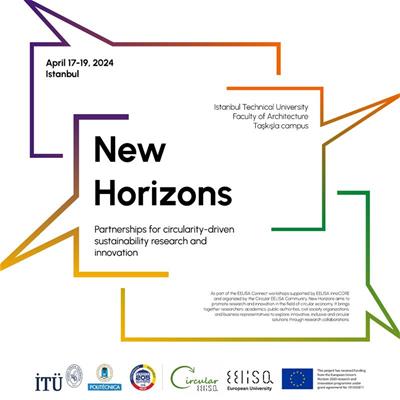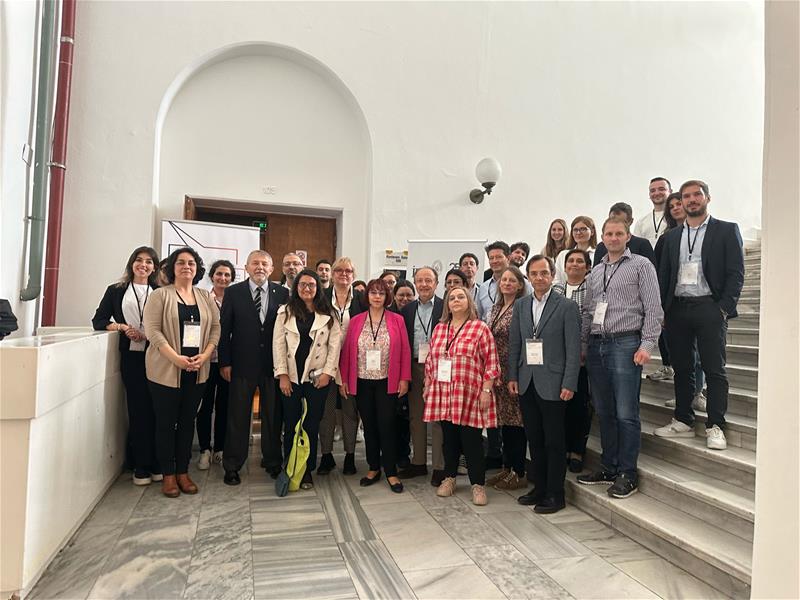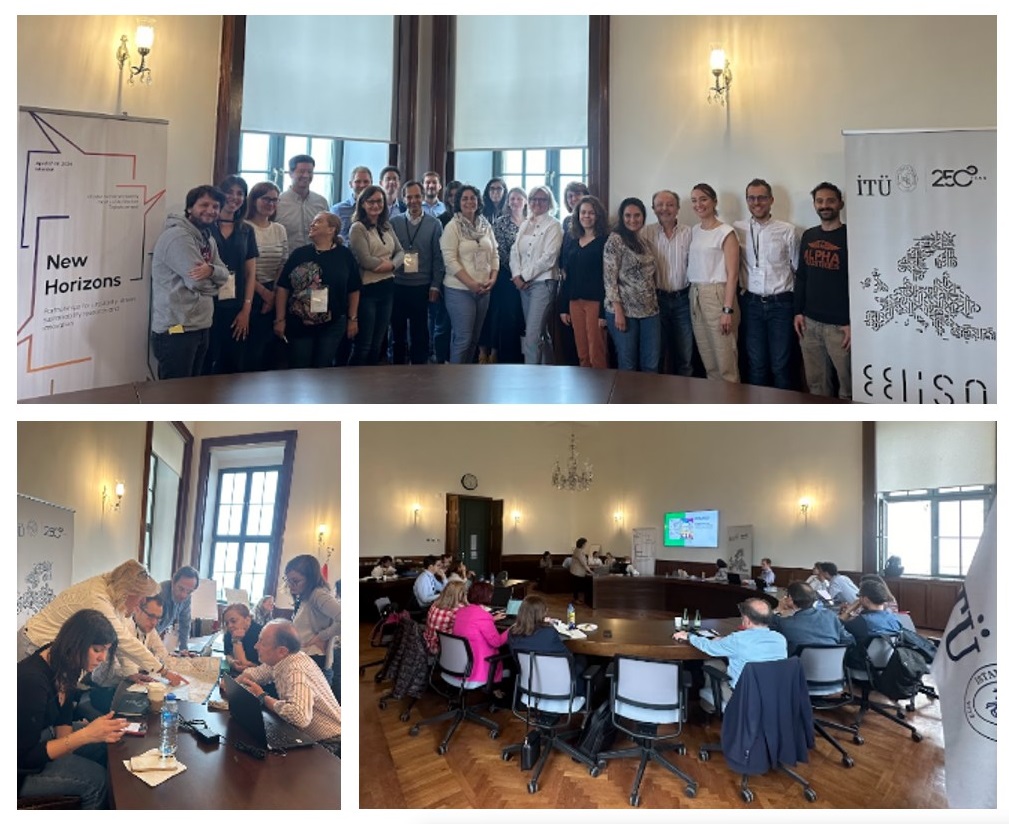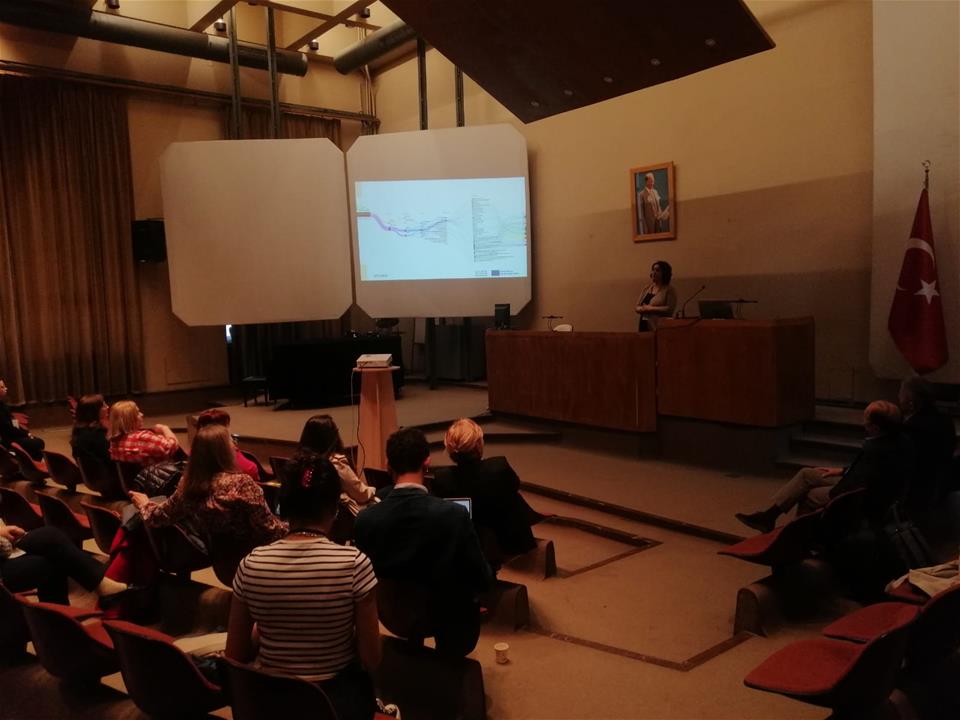Cihan Mert Sabah, a PhD student and research assistant in Urban and Regional Planning at Istanbul Technical University (ITU), represented ITU at the international workshop “New Horizons: Partnerships for Circularity-Driven Sustainability Research and Innovation,” which brought together representatives from academia, public institutions, civil society, and the private sector across Europe, all focusing on the circular economy. Held between April 17–19, 2024, at ITU’s Taşkışla Campus, the event was organized under the coordination of the Circular EELISA Community with the support of EELISA InnoCORE. The workshop was led by Assoc. Prof. Dr. İmge Akçakaya Waite from ITU’s Department of Urban and Regional Planning, with the aim of fostering interdisciplinary research collaborations on sustainability.

Describing his participation as a transformative experience, Sabah noted:
"This event at Taşkışla gave me the opportunity to exchange ideas around the same table with researchers from different countries. Thanks to the theoretical foundation and critical perspective I’ve gained at ITU as an urban planner, I was able to approach the concepts of circular economy and sustainability from a much broader angle."

The New Horizons workshop focused on three of EELISA’s strategic research areas: culture and inclusive society, advanced materials engineering, and climate-energy-mobility. Participants aimed to develop circularity-driven research projects within these themes. In addition to ITU, other EELISA member institutions such as Universidad Politécnica de Madrid, École des Ponts ParisTech, Scuola Superiore Sant'Anna, Friedrich-Alexander-Universität Erlangen-Nürnberg, and Politehnica University of Bucharest were also represented. Other collaborators included various European universities like Université de Bordeaux and Universidade NOVA de Lisboa, as well as local actors such as the Istanbul Metropolitan Municipality (IMM) and TESEV.

Throughout the workshop, joint project ideas were developed for international funding programs such as Horizon Europe; interdisciplinary teams planned co-authored publications; and new academic events were envisioned within the EELISA community. Discussions centered on key pillars of sustainability such as circular production, resource efficiency, and societal impact, laying the groundwork for long-term research collaborations. The two-day intensive exchange of knowledge and ideas yielded not only academic outcomes but also concrete steps toward stronger university-industry partnerships, collaborative publications, and expanded research networks.
As Istanbul Technical University, we did not merely host this significant event, we also played a leading role in creating new platforms where our young researchers can contribute to global discussions on sustainability.
